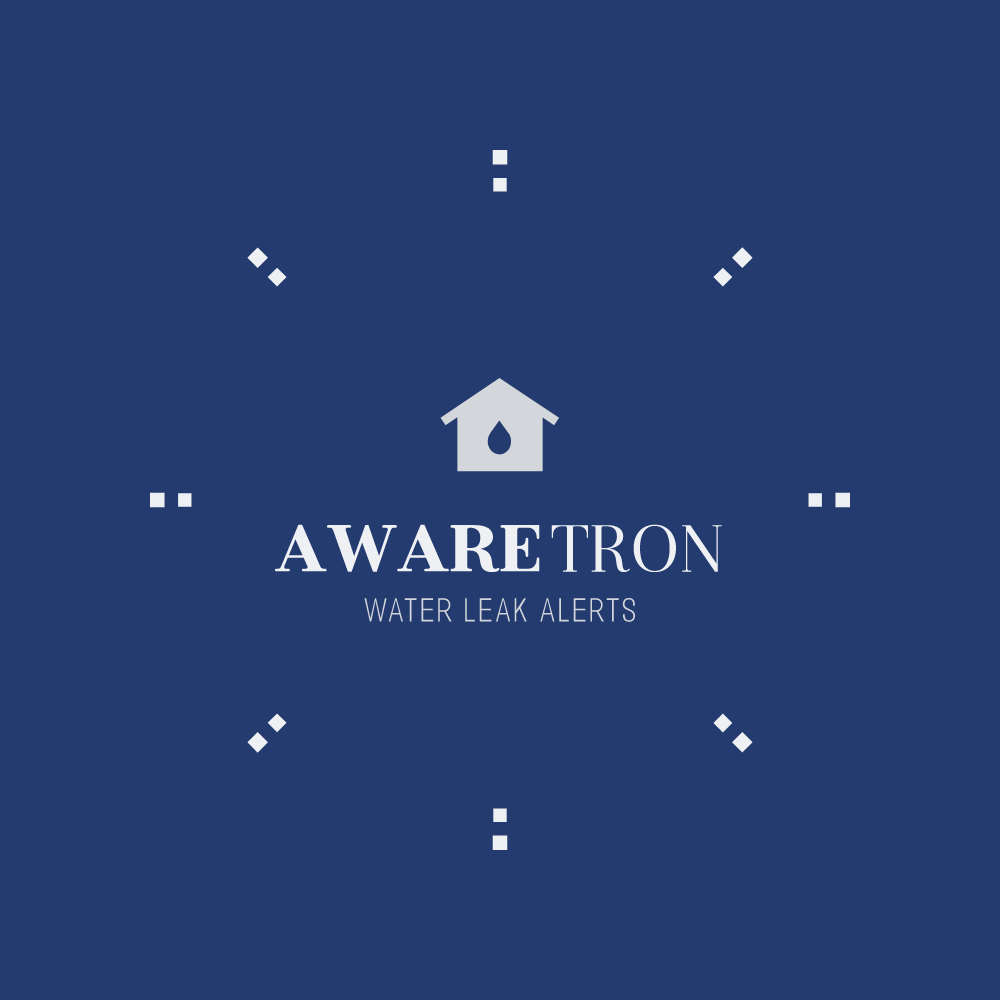How Water Damage Can Impact the Value of a Home
Introduction
Purchasing a home is one of the most significant investments people make in their lifetimes. While the focus is often on finding the perfect location, layout, and features, it's equally important to buyers and sellers, to be aware of potential hidden issues, such as current or previous water damage, that can affect the value of the home. This article explores how water damage can lead to devaluation in home purchases, providing insights backed by credible sources.
Hidden Dangers of Water Damage
Water damage can manifest in various ways, from small hidden leaks to major floods. These incidents can have a profound impact on a home's structure and overall condition. According to the Insurance Information Institute, water damage claims are among the most common homeowners insurance claims in the United States, accounting for a significant portion of total claims.
Source: [Insurance Information Institute](https://www.iii.org/fact-statistic/facts-statistics-homeowners-and-renters-insurance)
Structural Compromises
One of the most severe consequences of water damage is structural compromise. The National Association of Home Builders (NAHB) reports that water infiltration can weaken building materials, leading to structural issues that can be very costly to repair.
Source: [National Association of Home Builders](https://www.nahb.org/)
Mold Growth
Water damage can also lead to mold growth, which is a serious health concern. The Centers for Disease Control and Prevention (CDC) highlight the potential health risks associated with exposure to mold, particularly for individuals with respiratory conditions.
Source: [Centers for Disease Control and Prevention](https://www.cdc.gov/mold/dampness_facts.htm)
Impact on Property Value
Research by Zillow, a leading real estate database company, suggests that homes with a history of water damage may have lower property values. Their study found that houses with prior water damage sold for less on average compared to homes without such damage.
Source: [Zillow Research](https://www.zillow.com/research/)
Higher Insurance Costs
Homeowners with a history of water damage may also face higher insurance premiums. Insurers consider homes with a higher risk of water damage as greater liabilities, leading to increased insurance costs for homeowners.
Disclosure and Legal Obligations
Sellers are often legally obligated to disclose any known issues, including past water damage, to potential buyers. Failure to do so can lead to legal consequences. The National Association of Realtors (NAR) emphasizes the importance of full disclosure in real estate transactions.
Source: [National Association of Realtors](https://www.nar.realtor/)
Conclusion
Water damage is a hidden concern that can significantly impact the value of a home. It can compromise a home's structural integrity, lead to costly repairs, and even effect occupant health. As a prospective homebuyer, it's essential to conduct thorough inspections, review property histories, and consider expert advice to assess the risk of water damage. For the home seller, preventive measures such as water leak detection and shutoff's can limit or prevent water damage. These can protect and potentially increase home value as a unique and desirable feature; demonstrating another dimension of care during the seller's ownership.

